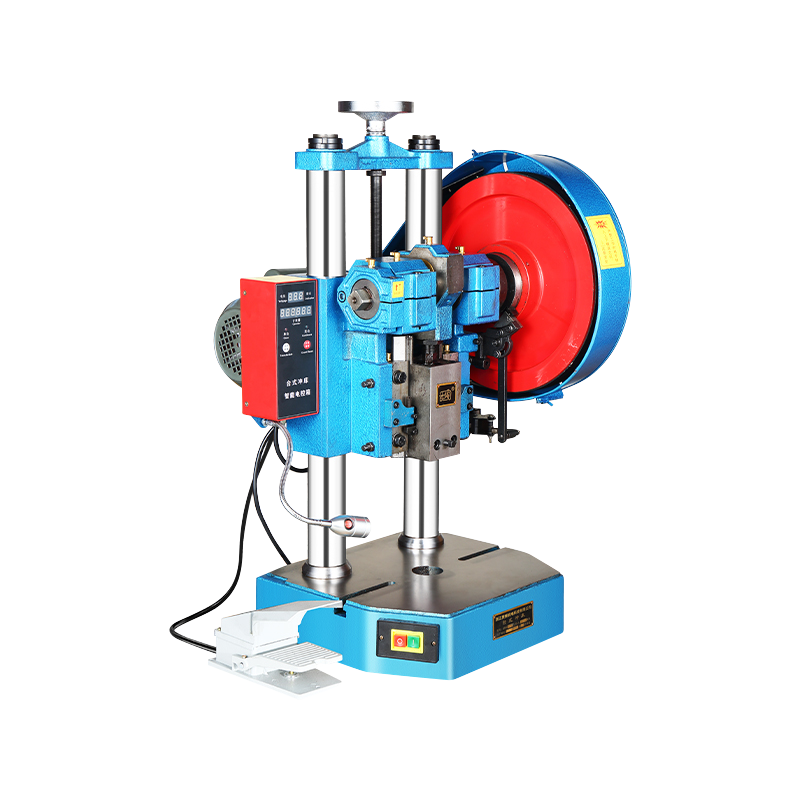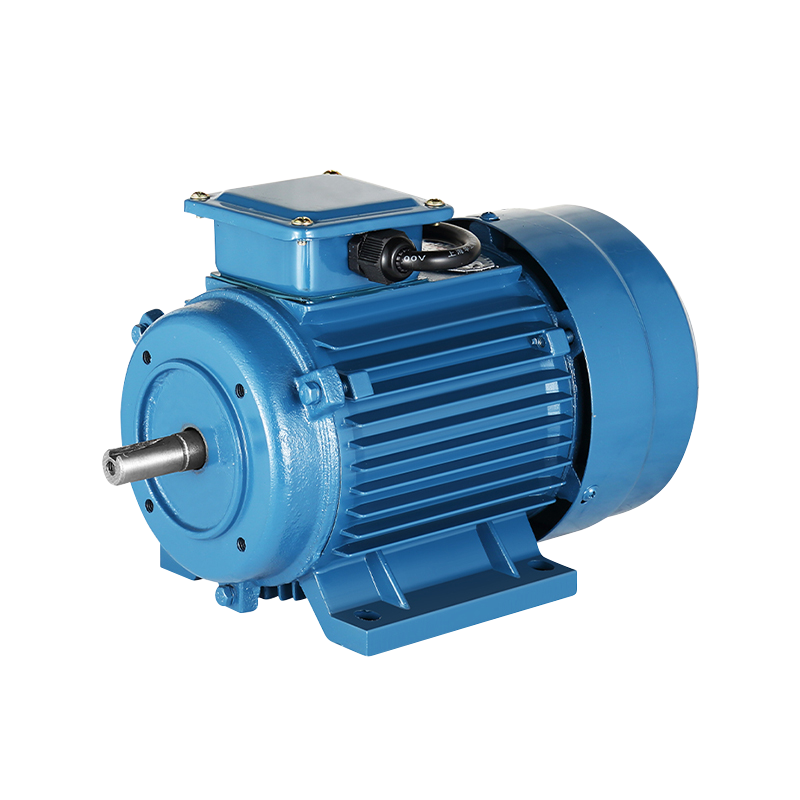Electric SF Axial Fan Supporting Motors: Pioneering Airflow Efficiency in Modern Systems
In the rapidly advancing field of air movement and climate control, Electric SF Axial Fan Supporting Motors are making a significant impact. Known for their efficiency, reliability, and versatility, these motors are becoming an integral component in various applications, from industrial ventilation systems to residential HVAC units. Their introduction marks a pivotal shift towards more sustainable and effective air management solutions.
Electric SF Axial Fan Supporting Motors are specifically designed to enhance the performance of axial fans, which are widely used for their ability to move large volumes of air efficiently. These motors support the fans by providing consistent and powerful drive, ensuring airflow and system efficiency. The "SF" designation stands for "Super Flow," highlighting their capacity to handle high air volumes and pressure, which is crucial in industrial and commercial environments.
The motors feature advanced design elements, including robust construction and high-quality materials, that ensure durability and longevity. This makes them suitable for demanding applications where reliability and continuous operation are essential. Furthermore, Electric SF Axial Fan Supporting Motors are equipped with sophisticated control systems that allow for precise speed regulation, adapting to varying operational requirements and environmental conditions.
A standout feature of Electric SF Axial Fan Supporting Motors is their exceptional energy efficiency. By optimizing the motor's performance and minimizing energy losses, these motors significantly reduce electricity consumption compared to traditional fan motors. This efficiency is achieved through advanced engineering techniques, including the use of high-efficiency motor windings and optimized rotor designs.
The energy savings provided by Electric SF Axial Fan Supporting Motors are particularly beneficial in large-scale industrial and commercial settings, where ventilation systems can account for a substantial portion of energy usage. By reducing energy consumption, these motors help lower operational costs and contribute to sustainability goals, aligning with global efforts to reduce carbon footprints and improve energy efficiency.
The versatility of Electric SF Axial Fan Supporting Motors makes them ideal for a wide range of applications. In industrial settings, they are used in ventilation systems to manage air quality, control temperatures, and remove contaminants. This is especially important in industries such as manufacturing, chemical processing, and food production, where maintaining a controlled environment is critical for safety and product quality.
In commercial and residential HVAC systems, Electric SF Axial Fan Supporting Motors play a key role in enhancing indoor air quality and comfort. Their ability to efficiently circulate air helps maintain consistent temperatures and reduces humidity levels, creating a more comfortable living and working environment. The motors are also used in data centers and other technology-intensive environments, where precise climate control is essential for protecting sensitive equipment.
Electric SF Axial Fan Supporting Motors contribute to environmental sustainability in several ways. Their high efficiency reduces the overall energy demand, to lower greenhouse gas emissions associated with electricity generation. Additionally, the motors are designed with a focus on sustainability, using materials and manufacturing processes that minimize environmental impact.
The reduction in energy consumption also supports compliance with increasingly stringent environmental regulations and standards, which mandate lower emissions and higher efficiency in building and industrial systems. By integrating Electric SF Axial Fan Supporting Motors, companies can not only improve their environmental footprint but also enhance their reputation as responsible and forward-thinking organizations.
The field of Electric SF Axial Fan Supporting Motors is continually evolving, driven by technological advancements and market demand for more efficient and reliable solutions. Future developments are likely to include even more advanced control systems, enabling smarter and more responsive motor operation. This includes the integration of IoT (Internet of Things) technologies, which can provide real-time monitoring and predictive maintenance capabilities, further enhancing system performance and reliability.
-
Feedback

 English
English 中文简体
中文简体






